When war raged through Europe in the summer of 1914, the American public wanted nothing to do with it. Not our war, they said. President Woodrow Wilson agreed. He pledged neutrality for the United States.
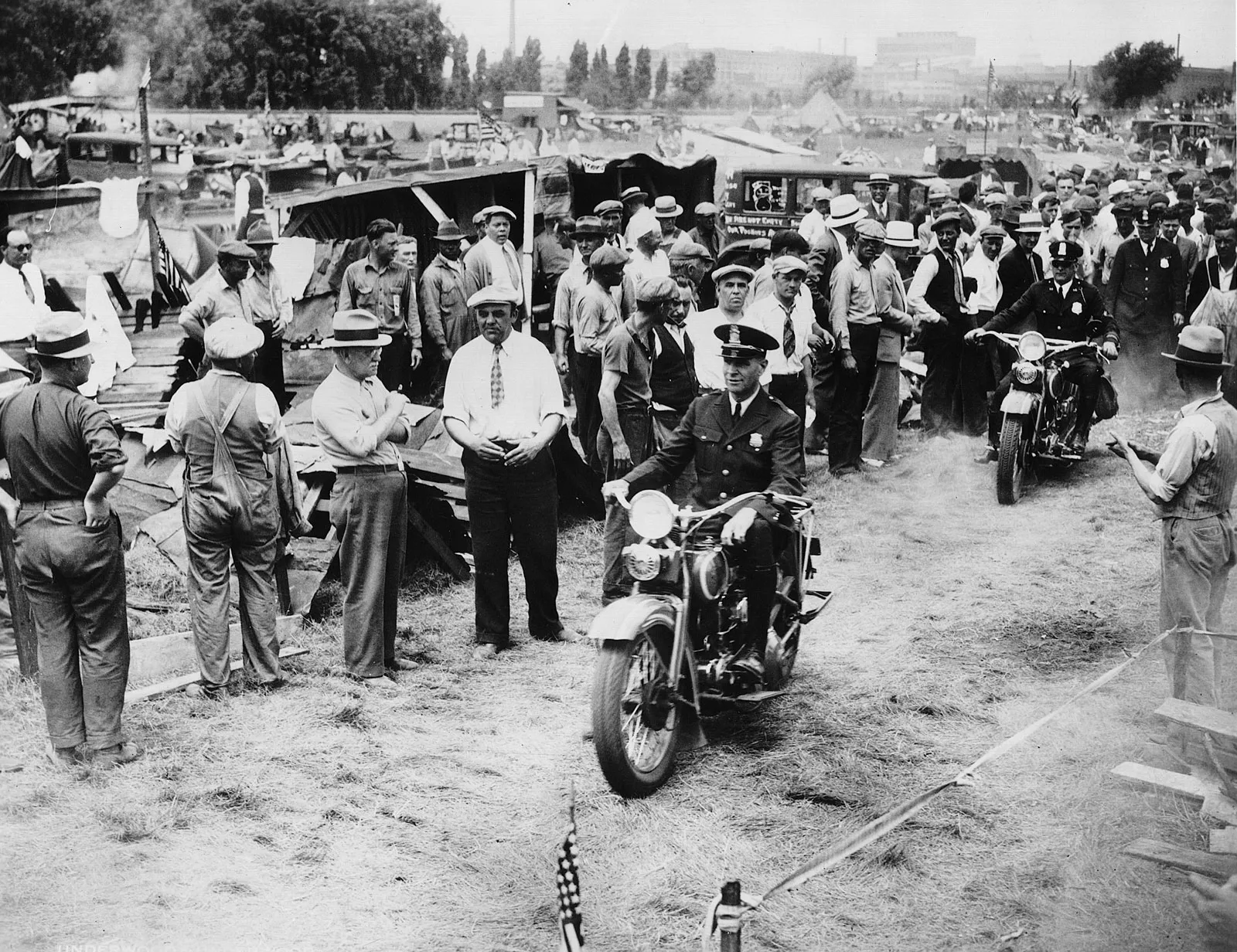

When war raged through Europe in the summer of 1914, the American public wanted nothing to do with it. Not our war, they said. President Woodrow Wilson agreed. He pledged neutrality for the United States.

Friday morning February 2, 2008 was cold in Baghdad but since Friday is a big shopping day, shoppers crowded the markets throughout the city. At one of Baghdad's most popular gathering places, the al-Ghazl animal market, hundreds of closely packed shoppers moved from stall to stall when suddenly and without warning, a huge explosion shattered the silence, killing dozens of Iraq's. Twenty minutes later, another bomb ripped through an open air market in south eastern Baghdad. The two suicide bombers who carried out the attacks that ultimately killed 99 people were mentally challenged women with Down's syndrome. The unwitting pawns were apparently fooled into wearing explosive vests which were then detonated remotely by mobile phones as the women mingled with crowds, killing 46 people and injuring 100 in the al-Ghazl explosion. In the second bombing at the smaller bird market in south-eastern Baghdad, 27 people were killed and at least 67 wounded, many dying later. When it became...
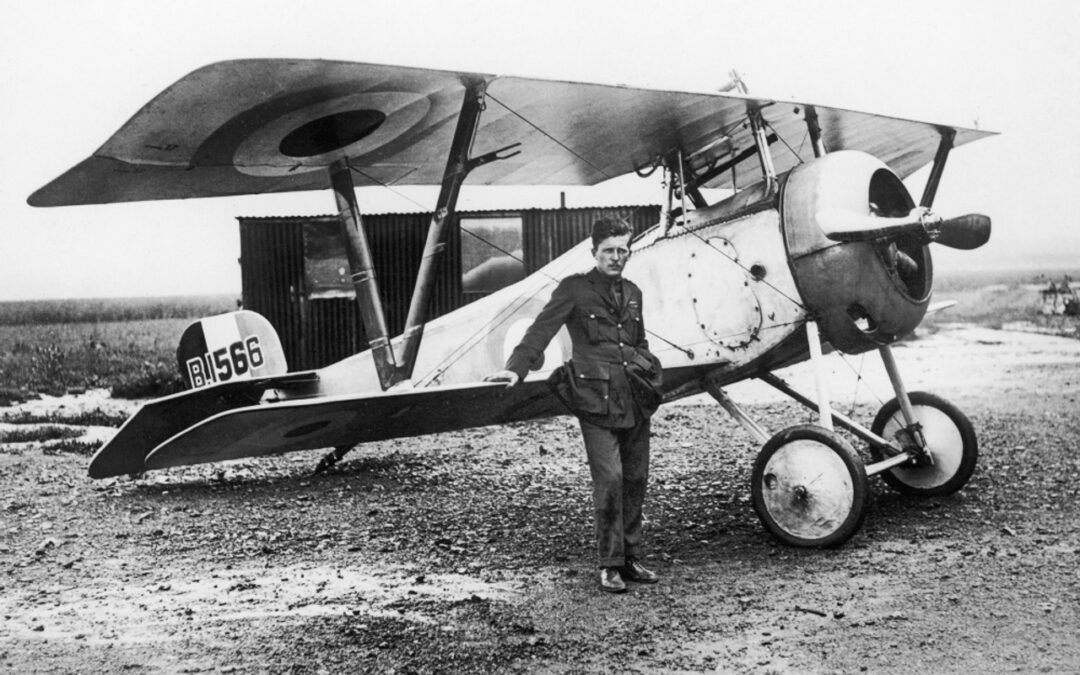
Air Marshal William Avery "Billy" Bishop was a Canadian fighter pilot in WWI who crashed his plane during a practice run and was ordered to go back to flight school. He didn't. Instead, he went on to shoot down 72 enemy aircraft, making him a legend in his own time and earning him a Victoria Cross. William Bishop Faced Setbacks Before the Skies Bishop's military career didn't start off well. He joined the Royal Military College of Canada in 1911, was caught cheating, and had to start his first year all over again. In 1914, he joined the Mississauga Horse cavalry regiment, but couldn't join them overseas because he caught pneumonia. Once he recovered, they transferred him to the 7th Canadian Mounted Rifles where he proved to be a born sniper, able to take out targets others could barely see. He finally boarded a ship for England on June 6, 1915 as part of a convoy that was attacked by German U-boats. Three hundred Canadians died in that attack, but Bishop's vessel was untouched. The...

A 30-year Army veteran who was the longest continuously serving Ranger in Vietnam and one of the war's most decorated enlisted soldiers died. Patrick Gavin Tadina served in Vietnam for over five years straight between 1965 and 1970, leading long-range reconnaissance patrols deep into enemy territory - often dressed in black pajamas and sandals and carrying an AK-47. Patrick Gavin Tadina Left a Lasting Legacy The retired Command Sergeant Major Patrick Gavin Tadina died May 29, 2020, in North Carolina. He was 77. "Early this morning, my Dad ... took his last breaths and went to be with all the Rangers before him," his daughter Catherine Poeschl said on Facebook. "I know they are all there waiting for him." He is survived by his wife, two sisters, two daughters, four sons, six grandchildren, and two great-grandchildren, the family, said in a brief online obituary. A funeral had not yet been scheduled. Patrick Gavin Tadina Became a Decorated Ranger A native of Hawaii, Tadina earned...

In 1944, Col. Paul Tibbets was summoned to Wendover Army Air Field in Utah for what must have seemed like an impossible mission. He was ordered to create and organize a combat group with the sole purpose of delivering a weapon that didn't even exist yet. Operation Centerboard Trained Crews on Nonexistent Bombs Tibbets' name might sound familiar to World War II history buffs. He would pilot the B-29 Superfortress Enola Gay as it dropped the atomic bomb codenamed "Little Boy" over the Japanese city of Hiroshima on August 6, 1945. But before he could fly into the history books with the first nuclear weapon, he had to figure out how to get it to Japan. Tibbets and his aircrews not only had to train on delivering a then-nonexistent bomb with an unknown explosive size or payload to an undetermined but (presumably) heavily defended enemy city, they also had to do it using aircraft specially designed to carry those nonexistent weapons. His aircrews all practiced at least 50 bombing...

Army veteran Dr. Victor Eugene Flango usually writes about court reform. He has authored more than 100 publications and articles (and even a web video) on the topic. His 2024 book, “Who Brings an Accordion to Vietnam?: A Lighthearted Look at the War,” is a standout, not only because it’s not about court reform, but it’s also not a combat memoir, because Flango didn’t serve in a combat role.
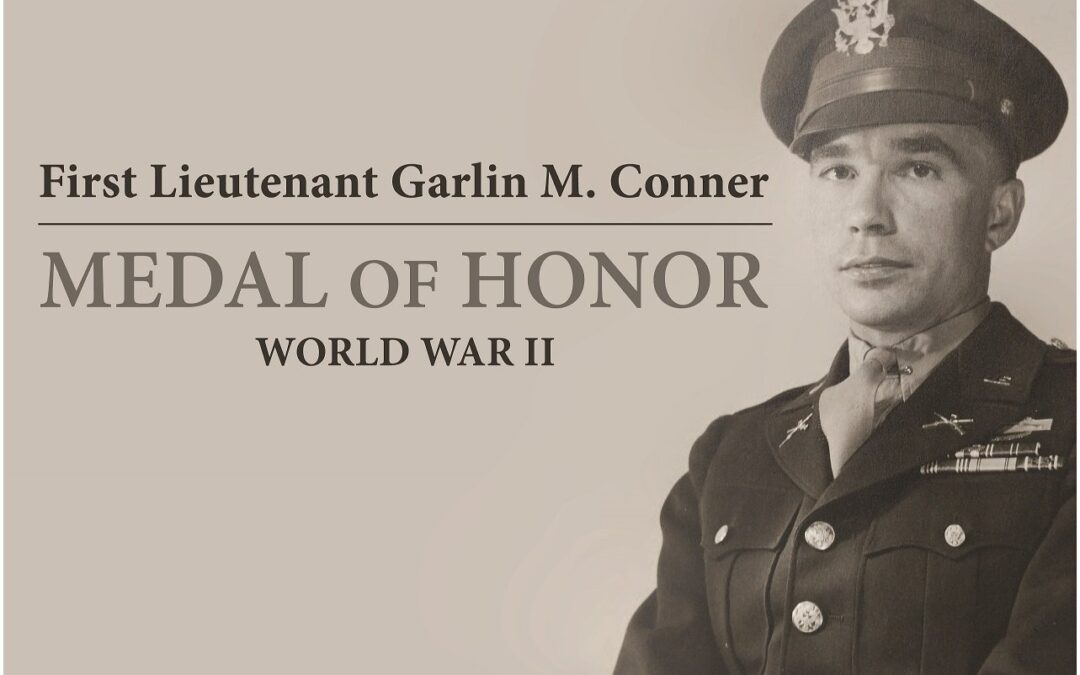
The 7th Infantry Regiment, 3rd Infantry Division (known as "The Cottonbalers" from their use of a cotton bale breastworks during the Battle of New Orleans under Andrew Jackson), has served in more campaigns than any other infantry unit in the United States Army. In World War II, the regiment fought German forces on three fronts, North Africa, Italy, and Northwest Europe, quite probably serving more time in combat than any other regiment in the U.S. Army during the war. The regiment's numerous WWII actions include four separate amphibious landings against enemy beach defenses, earning the coveted spearhead device on the campaign streamers awarded for each of these operations: Morocco in November 1942 as part of Operation Torch (the Allied campaign to clear the Axis powers from North Africa); Sicily in July 1943 as part of Operation Husky, and Anzio in January 1944 as part of Operation Shingle - where the regiment conducted a breakout and drove towards Rome (both landings in the Allied...
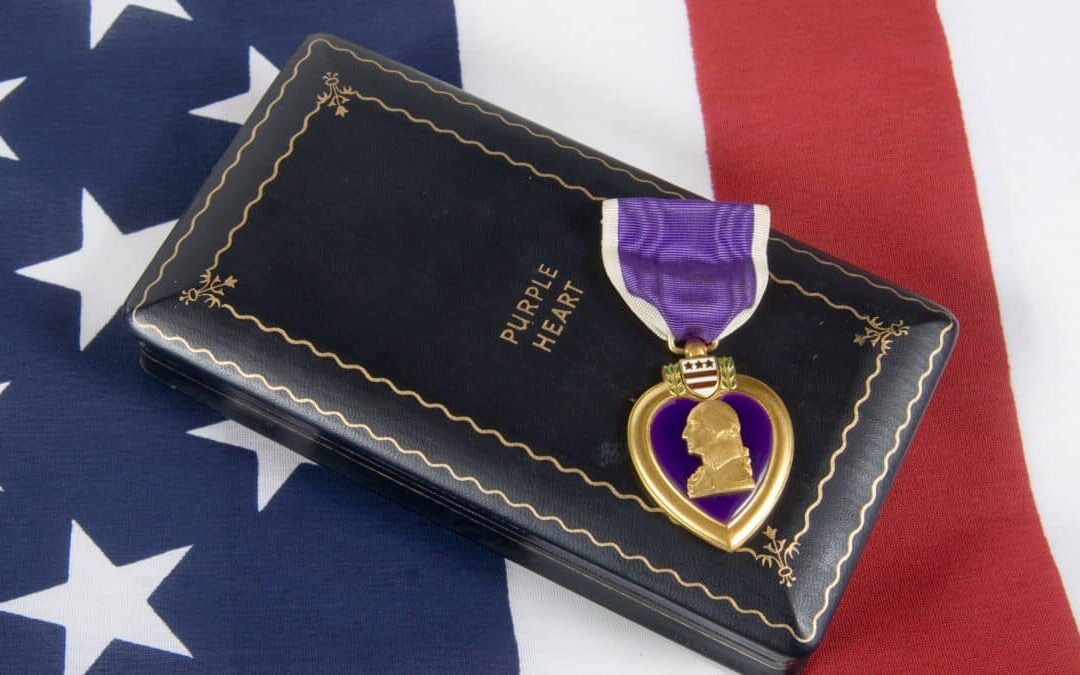
It might come as a surprise to many, but the United States did not offer its troops medals or ribbons as uniform decorations until the Medal of Honor was introduced by President Lincoln during the Civil War. It was only offered to enlisted troops in July 1862, but by December, it was made available to officers who displayed exceptional gallantry. Until that point in U.S. military history, military medals were more of a European tradition. Medals and ribbons were seen as a custom practiced by the armies of foreign monarchies. The United States, with its democratic government and egalitarian principles, frowned on such ties to Europe's royal heritage, from which the Americans fought hard to separate themselves. During the Mexican-American War, a 'certificate of merit' would be issued to soldiers who distinguished themselves in action, but no uniform item existed to identify them. It was simply a certificate. It was discontinued after that war ended in 1848. Despite a...
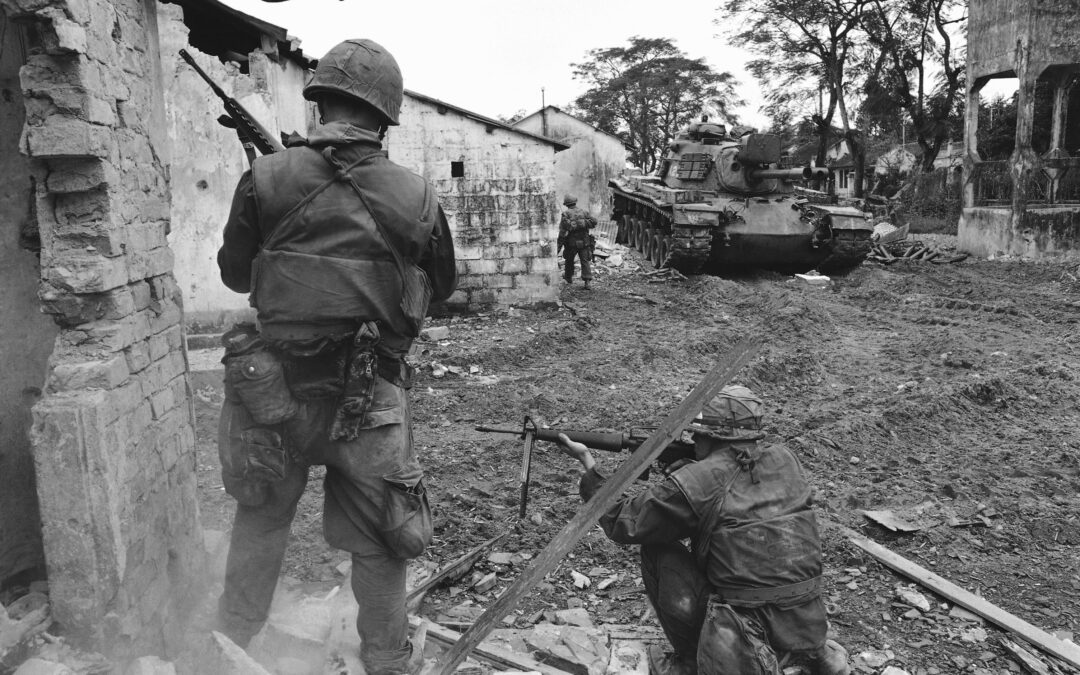
Most military historians and analysts agree the 1968 Tet Offensive was the turning point in the war in Vietnam. They reason that many Americans, seeing the bitter fighting raging up and down South Vietnam on the evening news, fostered a psychological impact that further generated an increased anti-war sentiment.
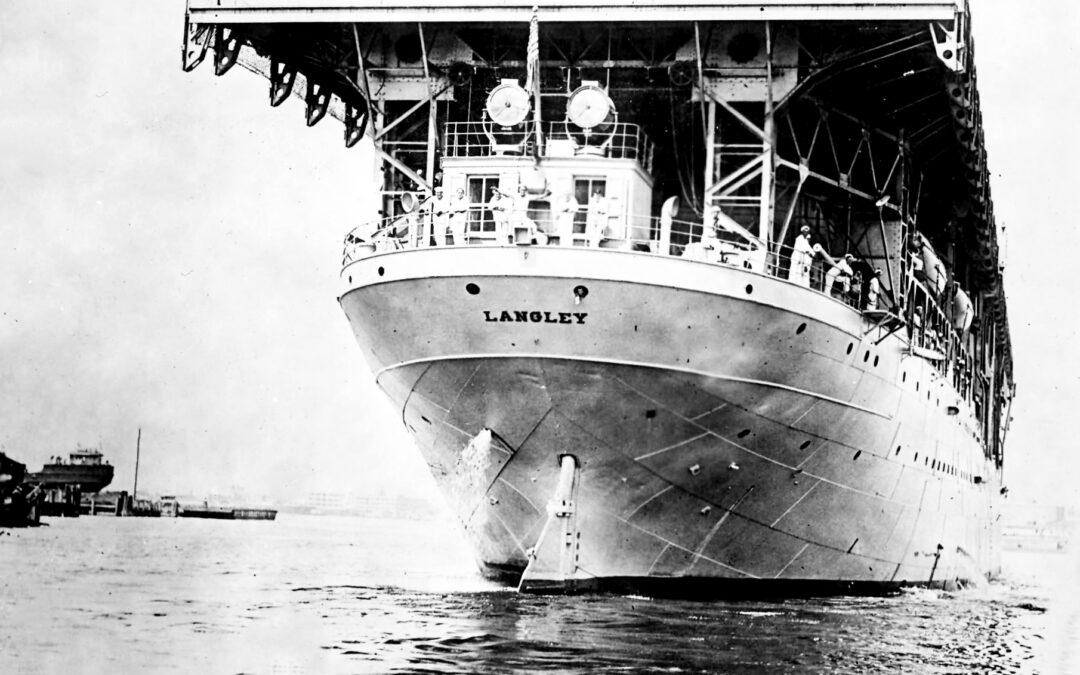
The USS Langley (CV-1), as the first carrier vessel in the U.S. Navy, was pivotal in the history of naval aviation warfare. It served as a test bed for developing procedures and technologies still used on aircraft carriers today. It was originally nicknamed “Covered Wagon” by its crew due to its appearance. Following World War I, the growing importance of aviation in naval warfare led to authorization to convert the USS Jupiter (AC-3), a collier (coal tender), into an aircraft carrier on 11 Jul 1919. The conversion was carried out at the Norfolk Navy Yard, involving the addition of a flight deck and aircraft elevators. The large coal holds of the collier proved suitable for conversion into aircraft hangars. The retrofitted ship’s dimensions were 542 ft. length, sixty-six ft. beam, draft of twenty-four ft. with a displacement of more than 15,000 tons; fully loaded, it carried twenty-two to thirty-six aircraft and four .50-cal. deck guns. The carrier could make about 15 knots, and its full complement (including the air arm) was 468. On 11 Apr 1920, the ship was renamed USS Langley (CV-1) in honor of aviation pioneer Samuel Pierpont Langley, an American scientist and inventor, and was recommissioned on March 20, 1922.
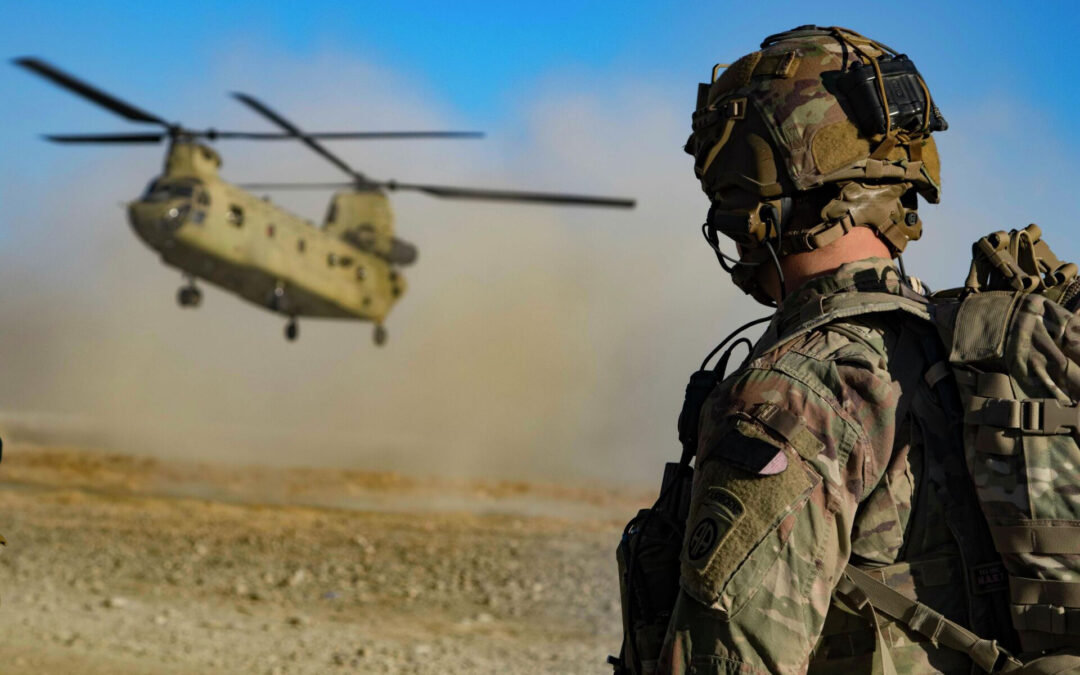
On August 6, 2011, a quick reaction force (QRF) aboard a CH-47 Chinook helicopter was dispatched from Forward Operating Base Shank in Afghanistan's Logar Province. They were on their way to support U.S. Army Rangers on a kill-or-capture mission against a senior Taliban official. It was carrying 30 U.S. military members, mostly American special operators. Extortion 17 Was Sent on a High-Risk Mission in Afghanistan But the transport, callsign Extortion 17, was shot down before it could land the QRF, making it the largest single loss of life for the International Security Assistance Force during the War in Afghanistan. It was a high-risk, high-reward mission. Qari Tahir was a senior Taliban fighter and the leader of the Taliban's forces in the Tangi Valley, which borders Logar and Wardak Provinces. When the United States got wind that Tahir might have been operating out of an abandoned U.S. combat outpost in the valley, the Army dropped 47 Rangers to mount an assault. Watching...
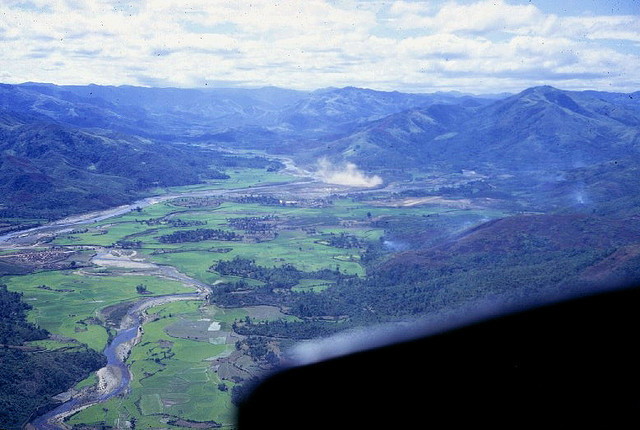
The A Shau Valley is a rugged, remote passageway near the border of Laos and the Ho Chi Ming Trail in Thua Thien province. It runs north and south for twenty-five miles. It's low, mile-wide, flat bottomland is covered with tall elephant grass and flanked by two strings of densely forested mountains that vary from three to six thousand feet. Because of its forbidden terrain and remoteness - and the fact it was usually hidden from the air by thick canopy jungle and fog and clouds - it was a key entry point during the Vietnam War for the People's Army of Vietnam (PAVN) for bringing men and materials in support of military actions around Hue to the northeast and Da Nang to the southwest. A Shau Valley Became a Crucial Battleground To stop the flow of hardware, food, and soldiers coming through the A Shau Valley, a number of bitter battles were waged by the American Army and Marines. So fierce was the fighting that any veteran who fought there earned a mark of distinction among...